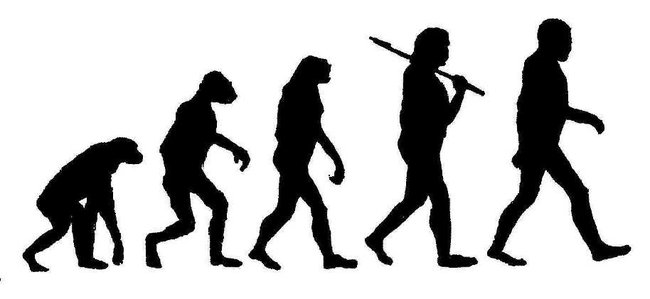This page is a permanent link to the reply below and its nested replies. See all post replies »
spjennifer · 61-69, T
The sad reality is that Man will not win over the planet, at some point there will be an extinction-like event that will render us back to dust, or hydrocarbons or whatever that event makes of us. Yes, we've rendered many species extinct as we will eventually become or depopulated to the degree where we once were. Over the millions of decades species have evolved to survive whatever the planet throws at them, will we simply evolve into something more... or less???
ArishMell · 70-79, M
@spjennifer We won't drive ourselves into biological extinction, whatever horrors we inflict on ourselves.
Ironically, it would be the most remote, least "developed" societies who would have the better chance of survival, unless the danger is of something that could be world-wide, like severe nuclear fall-out. The nearer threat is of societies and "civilisation" as we have come to define them and take for granted, falling part for any of several, very grave reasons.
Palaeontologically, individual mammal species seem to last roughly three million years so in theory we've over two million years to go yet; but we cannot predict if that would apply to us, or how we would affect it.
If Homo Sapiensis dies out by evolution it would be a slow process, in human terms. We might even change into a new species of the same genus, really quite imperceptibly over very many generations; but even a major single event like another asteroid collision as at the end of the Cretaceous, might not destroy us all.
Ironically, it would be the most remote, least "developed" societies who would have the better chance of survival, unless the danger is of something that could be world-wide, like severe nuclear fall-out. The nearer threat is of societies and "civilisation" as we have come to define them and take for granted, falling part for any of several, very grave reasons.
Palaeontologically, individual mammal species seem to last roughly three million years so in theory we've over two million years to go yet; but we cannot predict if that would apply to us, or how we would affect it.
If Homo Sapiensis dies out by evolution it would be a slow process, in human terms. We might even change into a new species of the same genus, really quite imperceptibly over very many generations; but even a major single event like another asteroid collision as at the end of the Cretaceous, might not destroy us all.
spjennifer · 61-69, T
@ArishMell Between the nuclear powers they together have the ability to destroy the entire planet many times over and it doesn't look like those weapons are going away anytime soon, all it would take is one loon to press a button... Science shows that there have been extinction type events in our past, volcanoes, meteoroids, even the ice age so who's to say what our future brings??? I just don't think we can go on populating and using up all the resources of this planet without there eventually being consequences to that. In 1927 there were 2B of us, we've just passed the 8B mark in a little over a century so...
ArishMell · 70-79, M
@spjennifer We're probably better equipped to survive large-scale natural events as a species than most other animals, but it certainly won't be easy or pleasant.
Humanity and our ancestors have lived through the cold phases of the present Ice-Age, by avoiding the coldest regions. The warm phases too - again by just migrating out of harm's way. It was a lot easier for our ancestors than it would be for us now, though. There were far fewer of them, they could be more adaptable, they had not invented nations and borders, and so on.
I agree though, that our biggest threats are ourselves by numbers, resources depletion and wars - and our seeming inability or unwillingness to remove those threats.
Humanity and our ancestors have lived through the cold phases of the present Ice-Age, by avoiding the coldest regions. The warm phases too - again by just migrating out of harm's way. It was a lot easier for our ancestors than it would be for us now, though. There were far fewer of them, they could be more adaptable, they had not invented nations and borders, and so on.
I agree though, that our biggest threats are ourselves by numbers, resources depletion and wars - and our seeming inability or unwillingness to remove those threats.





